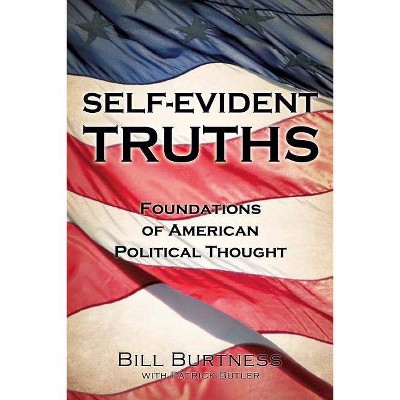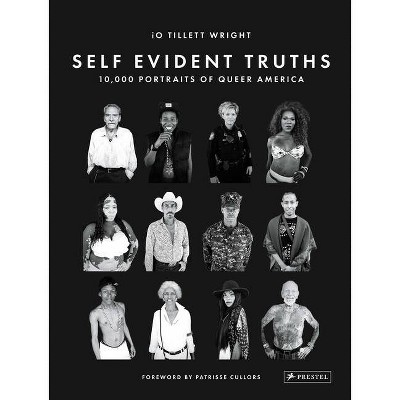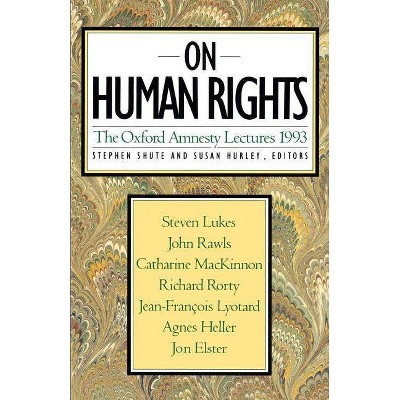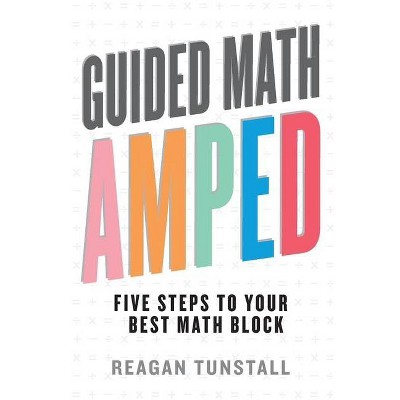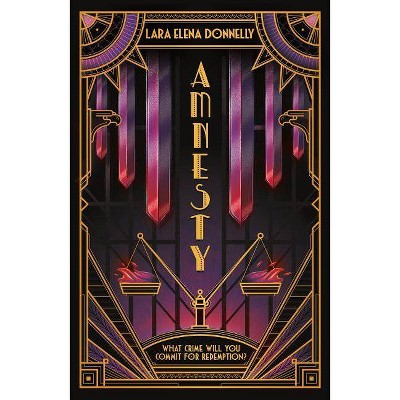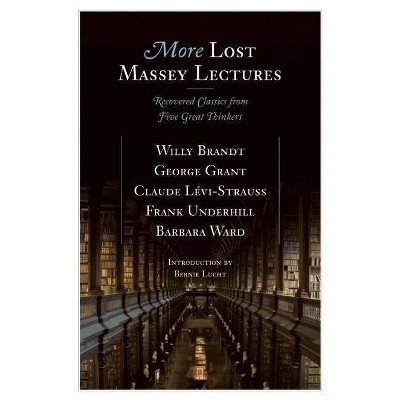Self-Evident Truths? - (Oxford Amnesty Lectures) by Kate E Tunstall (Paperback)
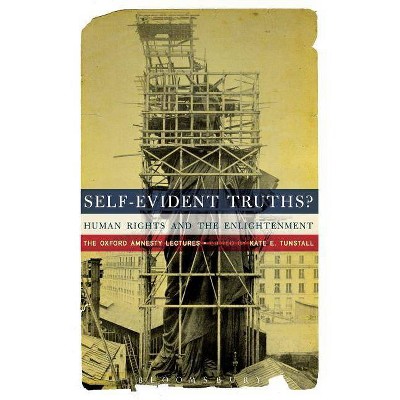
Similar Products
Products of same category from the store
AllProduct info
<p/><br></br><p><b> About the Book </b></p></br></br>Based on the critically acclaimed Oxford Amnesty Lectures series, this is an important and timely reflection on human rights and the legacy of the Enlightenment.<p/><br></br><p><b> Book Synopsis </b></p></br></br>The keywords of the Enlightenment-freedom, tolerance, rights, equality-are today heard everywhere, and they are used to endorse a wide range of positions, some of which are in perfect contradiction. While Orwell's <i>1984 </i>claims that there is one phrase in the English language that resists translation into <i>Newspeak</i>, namely the opening lines of that key Enlightenment text, the Declaration of Independence: 'We hold these truths to be self-evident, that all men are created equal...', we also find the <i>Wall Street Journal</i> saying of the Iraq War that the US was 'fighting for the very notion of the Enlightenment'. It seems we are no longer sure whether these truths are self-evident nor quite what they might mean today. Based on the critically acclaimed Oxford Amnesty Lectures series, this book brings together a number of major international figures to debate the history of freedom, tolerance, equality, and to explore the complex legacy of the Enlightenment for human rights. The lectures are published here with responses from other leading figures in the field.<p/><br></br><p><b> Review Quotes </b></p></br></br><br>The decision by the editor to pair each contribution with a distinct response works extremely well, as the reader is able to witness a conversation between author and critic that is often very stimulating ... An intellectually stimulating and exciting volume.<br/>Journal of Social History and the History of Social Movements<br>
Price History
Price Archive shows prices from various stores, lets you see history and find the cheapest. There is no actual sale on the website. For all support, inquiry and suggestion messagescommunication@pricearchive.us
